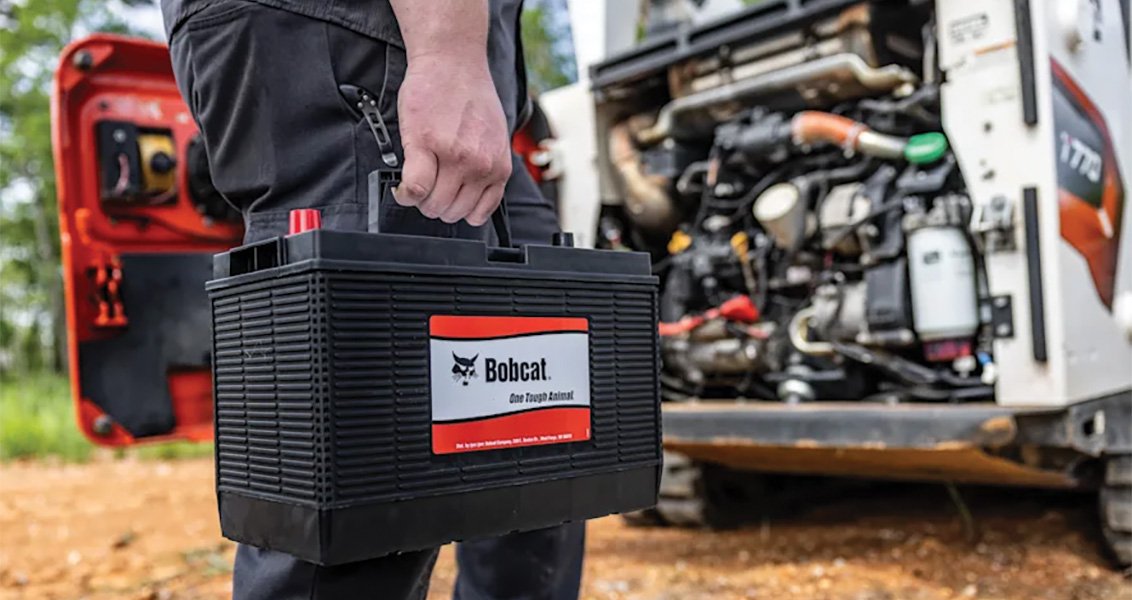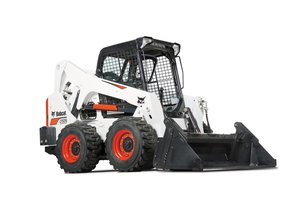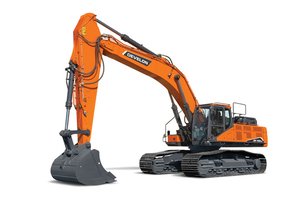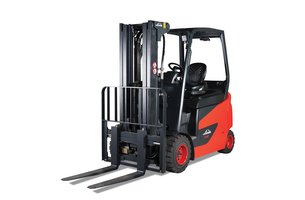Maintenance Guidelines for 12V and 24V Battery Systems

Proper battery care is essential to keeping your equipment running reliably and avoiding costly downtime. Whether you’re working with 12V or 24V systems, following consistent maintenance practices helps extend battery life, prevent unexpected failures, and ensure peak performance in any environment. This guide covers the key checks, safe operating ranges, and seasonal tips you need to keep your batteries in top condition.
1. MONTHLY VOLTAGE AND ELECTROLYTE CHECKS
Recommended resting voltage ranges:
- 12V Systems: 12.6V–12.8V is fully charged; below 12.4V indicates partial discharge.
- 24V Systems: 25.2V–25.6V is fully charged; below 24.8V suggests partial discharge.
Electrolyte levels:
- It should be checked monthly and topped up with distilled water only.
2. VOLTAGE THRESHOLDS
Dead Battery Thresholds:
- 12V Systems: 10.5V is considered severely discharged; below 9.6V under load may indicate internal damage.
- 24V Systems: Below 21.0V is severely discharged; below 19.2V under load may indicate damage.
4. NIGHT SWITCHES TO PREVENT PARASITIC DRAIN
Manual battery disconnect switches are recommended to isolate non-essential circuits when machines are off. These switches help:
- Prevent battery drain from parasitic loads.
- Improve safety during maintenance.
- Extend battery life in idle periods.
3. OVERCHARGING LIMITS
Safe Charging Limits:
- 12V Lead-Acid Batteries: Up to 14.4V is acceptable; above this risks gassing and damage.
- 24V Systems: Safe upper limit is 28.8V; exceeding 29.0V can cause overheating and electrolyte loss.
5. COLD CLIMATE MAINTENANCE
- Battery warmers or blankets: Help maintain battery temperature and prevent freezing.
- Battery maintainers: Keep batteries charged during long idle periods.
- Avoid charging frozen batteries: Always allow them to warm up first.
- Check cables and terminals: Cold weather increases risk of corrosion and poor connections.
Service & Maintenance
At Westerra Equipment, we want you to always be prepared. Trust our team of factory-trained service technicians to perform recommended maintenance. Keep your equipment working at peak performance all year long — in cold or hot temperatures.
Speak to a member of your local Westerra Equipment service department today to book your next service appointment.



